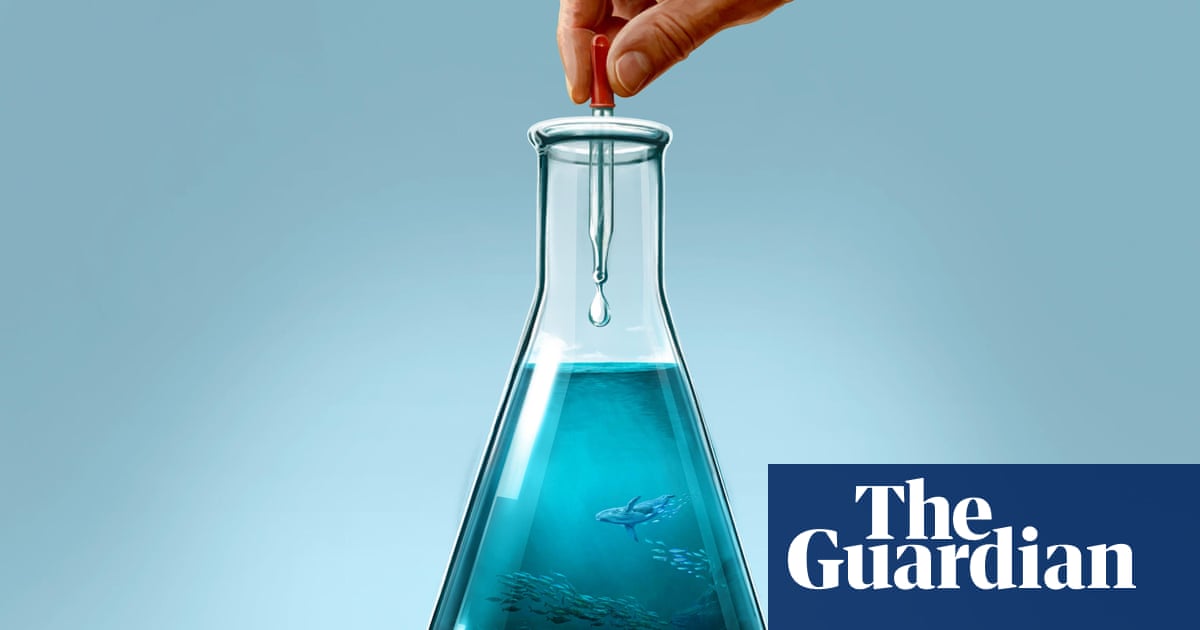
"The jury's still out on the damage that OAE could do, says Dr James Kerry, an expert on coral reefs and senior research fellow at James Cook University. He says if too much alkalinity is added to the water, an event called precipitation can occur: carbonates could create minerals in the water that act as pollutants. It might block light levels; it might be mistaken as food by marine creatures."
"In October 2024, a US company called Ebb Carbon announced the world's largest marine carbon removal deal to date... Ebb plans to use a method called electrochemical ocean alkalinity enhancement (OAE)."
"Around the world, ocean acidification is rising. As the ocean absorbs 30% of excess atmospheric carbon, it sets up a chain of chemical reactions resulting in the ocean's pH becoming dangerously acidic."
"The sector's growth part of the larger carbon removal market has been astronomic, and has started to ring alarm bells for many ocean scientists across the world."
Ebb Carbon has launched the largest marine carbon removal agreement ever made, partnering with Microsoft to combat ocean acidification via electrochemical ocean alkalinity enhancement. This method intends to replicate natural ocean alkalization by adding substantial alkaline materials to acidifying seas. The growth of this sector has raised concerns among scientists, as the long-term effects of such interventions are not fully understood. With ocean acidity dramatically increasing, this initiative represents a critical step in addressing climate change impacts on marine environments, though caution is advised regarding potential unforeseen consequences.
#carbon-removal #ocean-alkalinity-enhancement #environmental-science #climate-change #marine-biology
Read at www.theguardian.com
Unable to calculate read time
Collection
[
|
...
]